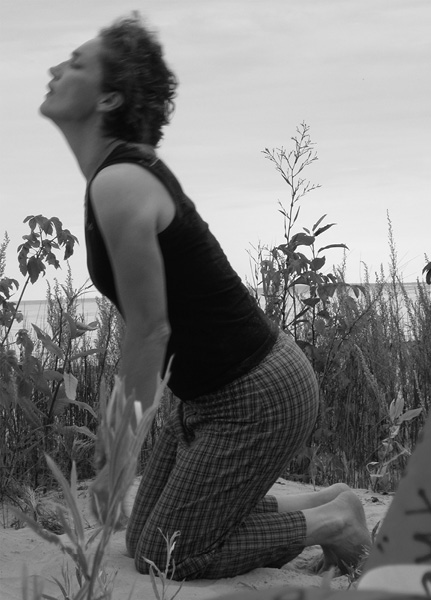
IMPACT AFGHANISTAN WAR
first performed on
July 1, 2010
public spaces in Canada, the USA, the Netherlands, and England
performed 182 times in 2011
HELENE VOSTERS
Toronto, Canada
962965316h962965316v962965316o962965316s962965316t962965316e962965316r962965316s962965316@962965316y962965316o962965316r962965316k962965316u962965316.962965316c962965316a
impactafghanistanwar.org
IMPACT AFGHANISTAN WAR
HELENE VOSTERS
Since the onset of the post 9/11 US-led invasion of Afghanistan, 158 Canadian military personnel have been killed. Each of these deaths has been memorialized through public repatriation ceremonies and the naming of the “Highway of Heroes” and the “Route of Heroes.” Unlike the Canadian military dead, there are no exact numbers for the Afghans who have been killed or have died as a result of war-related causes during this time. This is no accident. The lack of an accurate accounting of Afghan dead is in large measure the result of the US/NATO no body-count policy. In a more general sense the lack of accounting speaks to the differential valuing of life wherein some lives are deemed grievable while “Others” remain outside of the realm of grievability.
Every day from July 1 (Canada Day), 2010 through July 1, 2011, I performed “Impact Afghanistan War,” a one-year memorial project where I fell 100 times a day in a public space-each fall in recognition of an Afghan death. “Impact” was an embodied investigation of the space between “Us” and “Other,” between individual and social grief, between personal ritual and public protest, and between art and politics. It was a sustained inquiry into the limitations and scope of empathy and social mourning in the face of militarism and war, and into the role of the body in our increasingly technological and media-saturated world. Through the repeated act of falling, its presentation and re-presentation in various temporal and corporeal geographies (public space, cyberspace, performance and gallery space), “Impact” sought to engage the public body in a dialog about relationships (and lack thereof)-not the intimate and interpersonal relationships of romance, family, or friendship-but the collective relationship of multiply-located human beings concurrently inhabiting and manifesting history. Part mourning cry, part an act of faith in the imaginal commons, “Impact” was a call out to the collective emotional body to allow itself to be impacted.